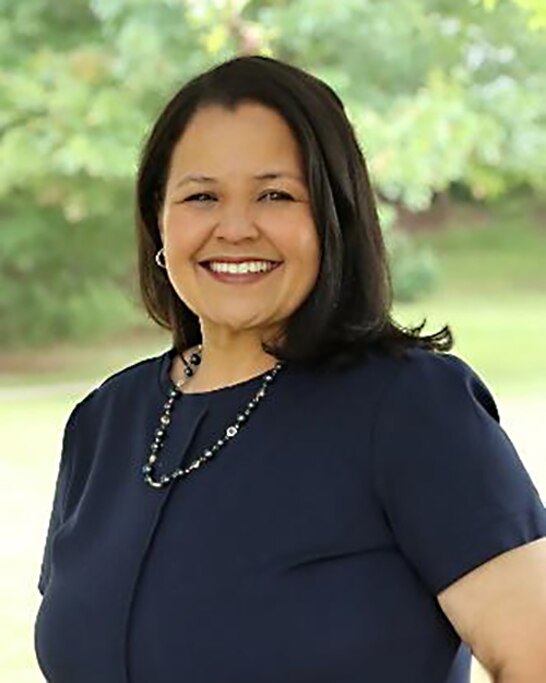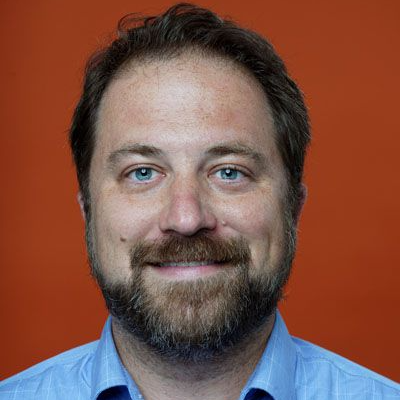Baltimore prosecutors sought to right a seemingly terrible wrong when they asked a judge to set convicted shooter Melvin Thomas free after his victim recanted.
Exonerated of the crime, Thomas, now 45, collected $1.6 million in wrongful conviction compensation from the state in 2021. But he wanted the city to pay, too, and filed a lawsuit against the Police Department and officers involved with the case.
That’s when his case took an unusual turn: City lawyers unearthed jail calls on which Thomas discussed paying off the victim as part of his bid for freedom.
“If done right, he [the victim] can blame the police and the prosecutor, right, to get me off and, and he can get paid for it,” Thomas said on a recorded line in 2015. After the discovery, Thomas’ attorneys last week withdrew his lawsuit.
It’s the latest example of several cases in the city raising potentially uncomfortable questions about exonerations: Are these men innocent and desperate for justice, or guilty and duping prosecutors? In four prior cases, attorneys working for the city alleged the freed men had fabricated evidence as they sought release.
City Solicitor Ebony Thompson lauded the city’s outside lawyers for applying new scrutiny.
“The City is willing to resolve meritorious cases through settlement. But let me be clear — we do not simply write checks," Thompson said in a statement.
In this case, Thompson said outside attorneys reviewed nearly 5,000 calls “to uncover a few minutes of truth that made all the difference. The result speaks for itself: A dubious lawsuit was dismissed and millions in taxpayer money was protected.”
The review of Thomas’ original claim for exoneration was overseen by the State’s Attorney’s Office’s Conviction Integrity Unit, run by prosecutor Lauren Lipscomb. Lipscomb, who recently announced she’s running for Baltimore County state’s attorney, did not respond to messages seeking comment.
The State’s Attorney’s Office, now under Ivan Bates, who took office in 2023, said they would not revisit the criminal case now, calling it a closed matter.
Thomas’ attorney said his client maintains his innocence.
“He was unjustly convicted, and imprisoned for 19 years over a crime he didn’t commit,” attorney Booth Ripke said.
During one jail call, Thomas said the witness would be compensated for “clearing his conscience” and “doing the right thing.” But later, in depositions, Thomas and the victim both claimed no payments were actually made.
The case was further complicated because Thomas also lied about the conversations until lawyers confronted him in a deposition with the evidence.
Reached by phone, Myron Brockington, the shooting victim who recanted his testimony, maintained that he no longer believes Thomas was the person who shot him, and said he never got paid.
“I was just trying to do the right thing,” he said.
Maurice Possley, a senior researcher with the National Registry of Exonerations who chronicles wrongful convictions, said exonerations are typically hard-fought and “the prosecutorial filter is a very tight aperture.”
“They historically have been extremely resistant to that proposition, requiring DNA testing, for example, and rejecting almost across the board any recantations,” Possley said. “Cases where evidence shows a person faked documents or bribed people to testify falsely are extraordinarily rare.”
The whole case started nearly a quarter-century ago when Brockington was shot two times in the face in an alley outside of an East Baltimore bar. Brockington identified Thomas as the shooter from a photo lineup and never strayed from his account through trial.
With no other evidence, Thomas was convicted of attempted murder by a jury and sentenced to 65 years in prison.

Years later, Brockington made a stunning reversal. He now said he believed Thomas wasn’t the gunman and that he had encountered the real shooter at the Patapsco Flea Market.
“I looked at him, and I got this weird feeling. And I was like that’s the guy that shot me right there,” he said, according to court records. In December 2018, he officially recanted his testimony.
It wasn’t the only reason to question the conviction. Another witness to the shooting had described the shooter as a short, dark-skinned man; Thomas was neither.
Thomas’ attorney brought the new information to the Conviction Integrity Unit under Lipscomb, which recommended exoneration. A judge then dismissed the case and freed Thomas.
“Let me say to Mr. Thomas, I represent the State and the State has wronged you. We ask for your forgiveness and commit to working with you as you gain your freedom and reenter society,” former State’s Attorney Marilyn Mosby said in a statement at the time.
Thomas filed a lawsuit against the city in December 2023, alleging malicious prosecution and other claims.
The police officers were represented by the Chicago-based firm Nathan & Kamionski, which specializes in defending police from wrongful conviction lawsuits.
As part of the discovery process, the officers’ lawyers asked Thomas whether he had spoken to Brockington while locked up, and if he paid or offered to pay any witness, to which he responded no.
But the officers’ attorneys said they found the four recorded calls that contained damning conversations between Thomas and Brockington, revealing the payment scheme which allegedly involved Thomas’ family.
In a brief phone interview earlier this week, Brockington claimed payments were never discussed. “That’s the first time I’m hearing that,” he said.
In a deposition, Thomas acknowledged payment was discussed but said it never actually happened.
“It was at a time in the beginning where he ain’t feel comfortable and he wanted, he asked for payment for his truth,” Thomas said.
“So Mr. Brockington, was he ever paid?” an attorney asked.
No, Thomas said.
Thomas said in a deposition he now runs a food truck and an embroidery company.
Two prior exoneration lawsuits in which questions were raised were thrown out while two others settled, including one of them for $8 million.
In 2022, a federal judge threw out a civil lawsuit brought by Jerome Johnson, who was exonerated in 2018, also by the Conviction Integrity Unit, after serving 30 years for a Baltimore murder he says he did not commit. The judge found he fabricated evidence and influenced a witness. His attorneys maintained it did not change the fact that he was innocent.
In another case, Tony DeWitt filed a federal civil lawsuit against the homicide detectives in his case, saying they had withheld exculpatory evidence. That filing alleged a detective interviewed a man at the crime scene who had identified someone else as the gunman.
But lawyers for the city alleged DeWitt had forged the document. He had taken a blank form received through the records request and filled in the information with a detective’s signature that looked nothing like the real thing, they said.
Recorded jail calls also revealed DeWitt arranging to bribe the surviving shooting victim and the victim’s brother, the city said in court filings. The judge called his actions “brazen” and said they “undermined the public confidence in the integrity of law enforcement and the competence of state and federal courts.”
Despite the judge’s comments, prosecutors never charged DeWitt with a crime related to the alleged forgery and witness tampering.
A year later, it wouldn’t matter any more. DeWitt was shot dead in Northeast Baltimore.






Comments
Welcome to The Banner's subscriber-only commenting community. Please review our community guidelines.